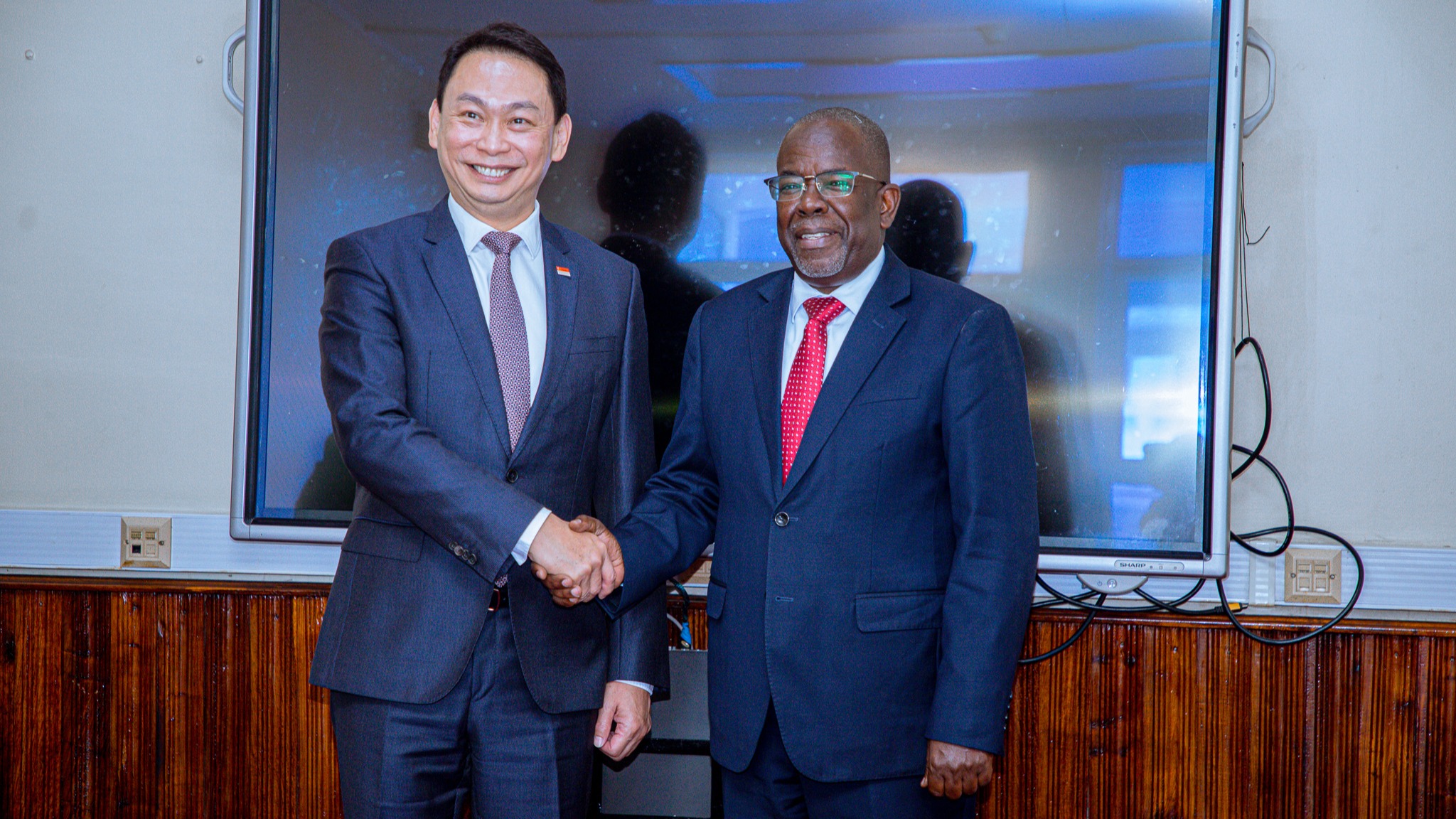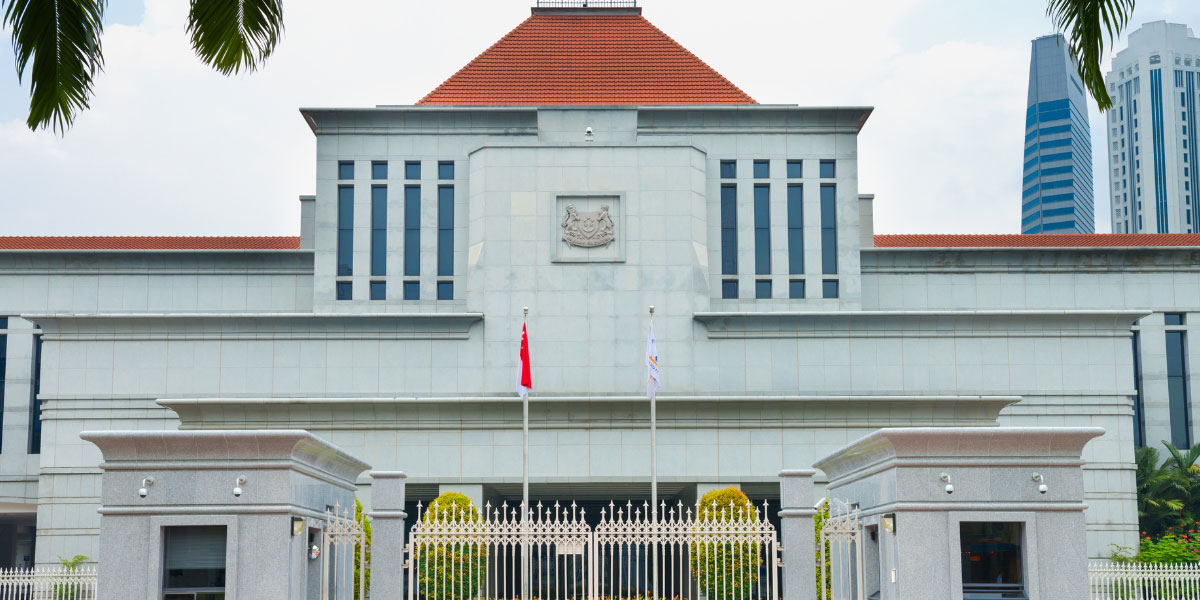The Inland Revenue Authority of Singapore (IRAS) has released an updated guidance on conducting audits and investigations related to Missing Trader Fraud Arrangements.
IRAS identifies Missing Trader Fraud arrangements to be one of the key compliance risks areas among taxpayers and conducts extensive audits and investigations on businesses and individuals involved in such fraudulent arrangements. These cases are detected using advanced data analytics, and from leads which include tip-offs from whistle-blowers.
What is Missing Trader Fraud?
Missing Trader Fraud is a fraudulent scheme targeting the Goods and Services Tax (GST) system. It typically involves fictitious transactions orchestrated by a network of individuals and businesses designed to illicitly claim GST refunds or avoid tax obligations.
Perpetrators of the Missing Trader Fraud often create chains of sales and purchases transactions involving real or fictitious goods or services. A business upstream in the supply chain typically collects GST from subsequent buyers but vanishes without paying the GST to IRAS. GST-registered buyers downstream in the supply chain then claim from IRAS the GST paid to the upstream suppliers. This results in a loss of government revenue.
To form the fraudulent supply chain, perpetrators may use borrowed identities to register fictitious businesses to enable other entities in the chain to claim fictitious GST refunds from IRAS.
Your business could also become a party in the fraudulent supply chain, for example, when you accept offers from perpetrators to buy and sell goods in return for a guaranteed profit with little or no risks.
Negative impacts of Missing Trader Fraud
Missing Trader Fraud has significant negative impacts on both businesses and Singapore, including:
- Financial implications: The Missing Trader Fraud leads to gaps in the revenue collected by the government, which could have been allocated for public spending that benefits Singapore and Singaporeans. It also leads to financial losses to individuals and businesses found to be implicated in the fraud.
- Market distortion: Fraudulent traders undercut legitimate businesses by not paying their fair share of taxes. This distorts fair competition in the market and harms legitimate businesses.
If allowed to fester, the Missing Trader Fraud could tarnish Singapore’s reputation and undermine public trust.
IRAS is committed to maintaining a robust and fair taxation system for all, and will not hesitate to take firm actions against any individuals or businesses involved in the Missing Trader Fraud, knowingly or not.
Consequences of Being involved in a Missing Trader Fraud
If the business is registered in your name and the transactions are carried out by you, you will be held accountable. If you are involved in such an arrangement:
- You will be subject to detailed audit and investigation.
- You will be notified by the Comptroller that the payment of GST refunds (if any) is withheld if the Comptroller reasonably suspects that the refunds relate to any input tax on any supply made to you which was part of a Missing Trader Fraud arrangement.
- You will be denied the input tax on your purported purchases on the grounds that the claims did not meet the requirements under sections 19 and 20 of the GST Act; or under the Knowledge Principle.
- You will have to pay penalties and/or a surcharge of 10% on the amount of input tax claims denied on the grounds that you should have known that your purchases were part of a Missing Trader Fraud arrangement.
- Your GST registration application may be denied or your GST registration status may be cancelled by IRAS.
- You may be required to comply with any conditions imposed by the Comptroller as may be necessary for the protection of revenue. Failure to comply with these conditions may also result in the cancellation of your GST registration.
- You may incur significant time and costs to appeal to the Goods and Services Tax of Board of Review (the “Board”) against the Comptroller’s decision, and the outcome may not be a favourable one.














